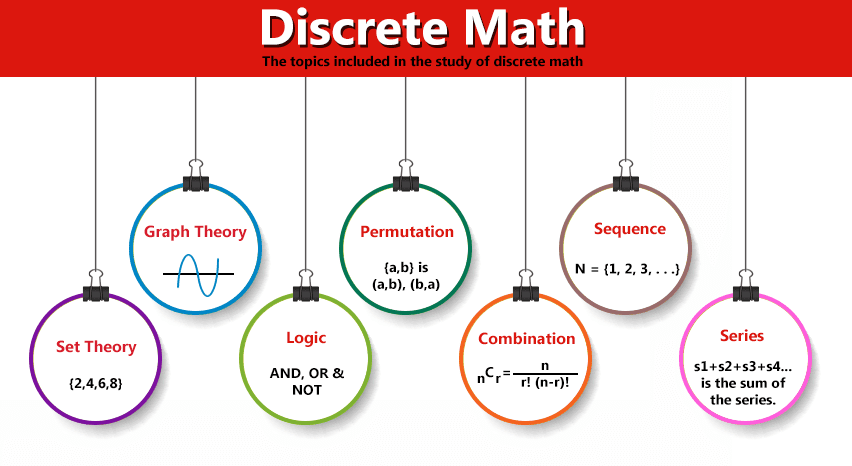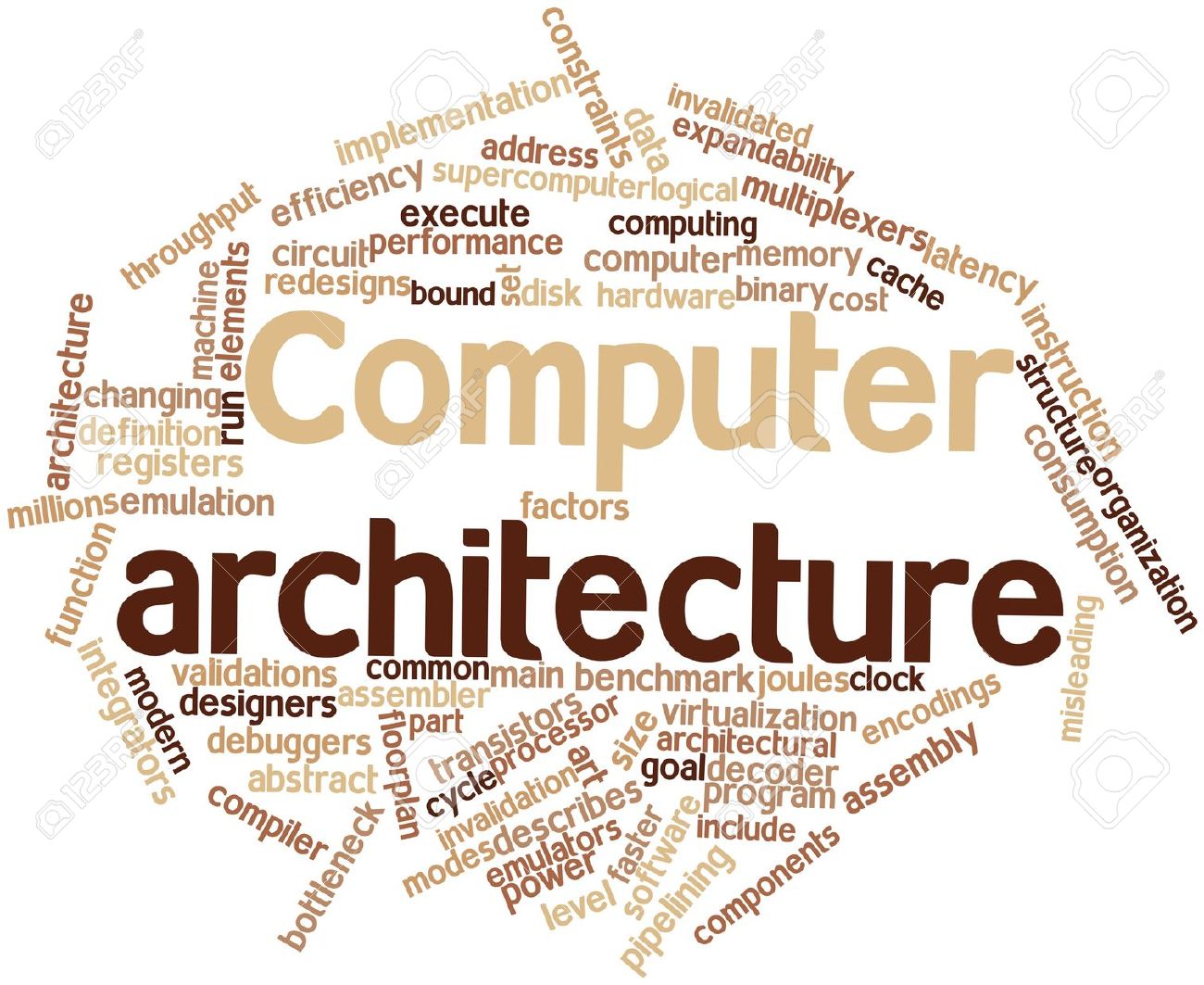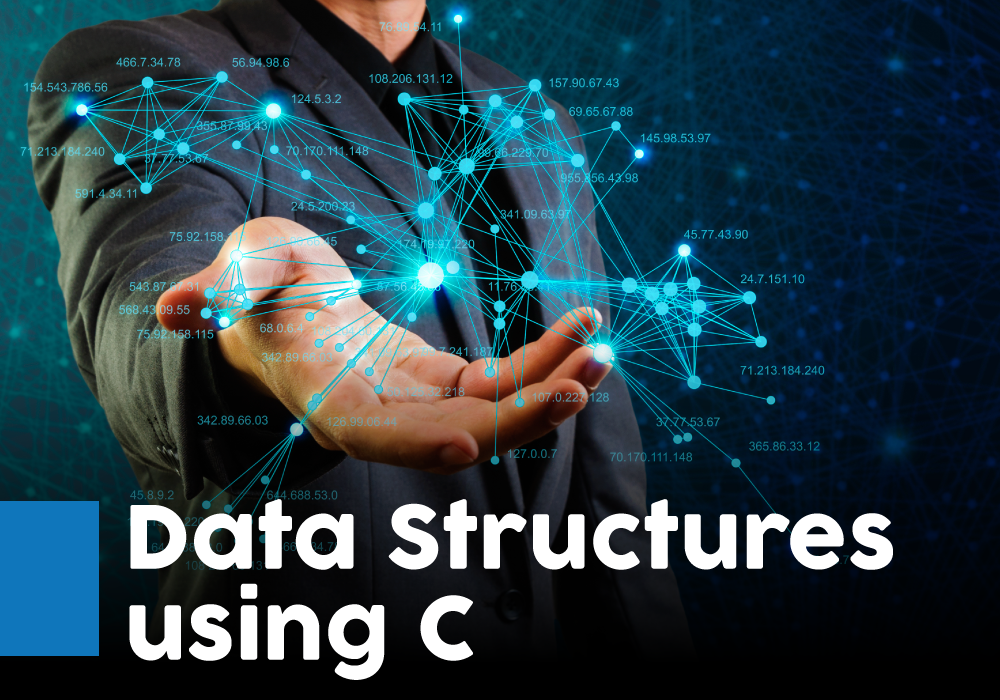
Discrete Structure & Theory of logics Design
VISHVESHWARYA GROUP OF INSTITUTIONS
DEPARTMENT OF COMPUTER SCIENCE & ENGINEERING
|
Name: Laxman Singh |
Deptt. : CSE
|
|
Subject Name: Discrete Structure & Theory of Logic |
Subject Code: KCS303
|
Course Outcome (CO)
At the end of course, the student will be able to understand.
|
CO 1 |
Be able to specify and manipulate basic mathematical objects such as sets, functions, and relations and will also be able to verify simple mathematical properties that these objects possess |
|
CO 2 |
Be able to construct simple mathematical proofs and possess the ability to verify them |
|
CO 3 |
Have substantial experience to comprehend formal logical arguments |
|
CO 4 |
Be able to apply basic counting techniques to solve combinatorial problem |
|
CO 5 |
Apply counting principles to determine probabilities. |
|
CO 6 |
Demonstrate an understanding of relations and functions and be able to determine their properties. |

Computer Organization & Architecture
Vision of the Institute
To evolve as an Institution creating competent professionals with strong ethical values who can exhibit multidisciplinary skills in globally competitive environment.
Mission of the Institute
1. To create environment for multidisciplinary education where in students can execute tasks involving expertise of multiple domains.
2. To impart cross-cultural and ethical training through execution of projects created for solving socio-cultural issues.
3. To provide training that suits to globally competitive environment.
4. To increase outreach for financially deprived and geographically isolated talents.Vision of the Department
To promote innovation centric education and perform cutting edge research in Computer Science & Engineering.
Mission of the Department
• To impart high quality professional training at the postgraduate and undergraduate level with an emphasis on basic principles of computer science and engineering.
• To empower the students with the required skills to solve the complex technological problems of modern society and also provide them with a framework for promoting collaborative and multidisciplinary activities.
• Provide quality learning experiences through effective classroom practices, active learning styles of teaching, and opportunities for meaningful interactions between students and faculty
• Develop human resources with sound knowledge in theory and practice of Computer Science & Engineering


